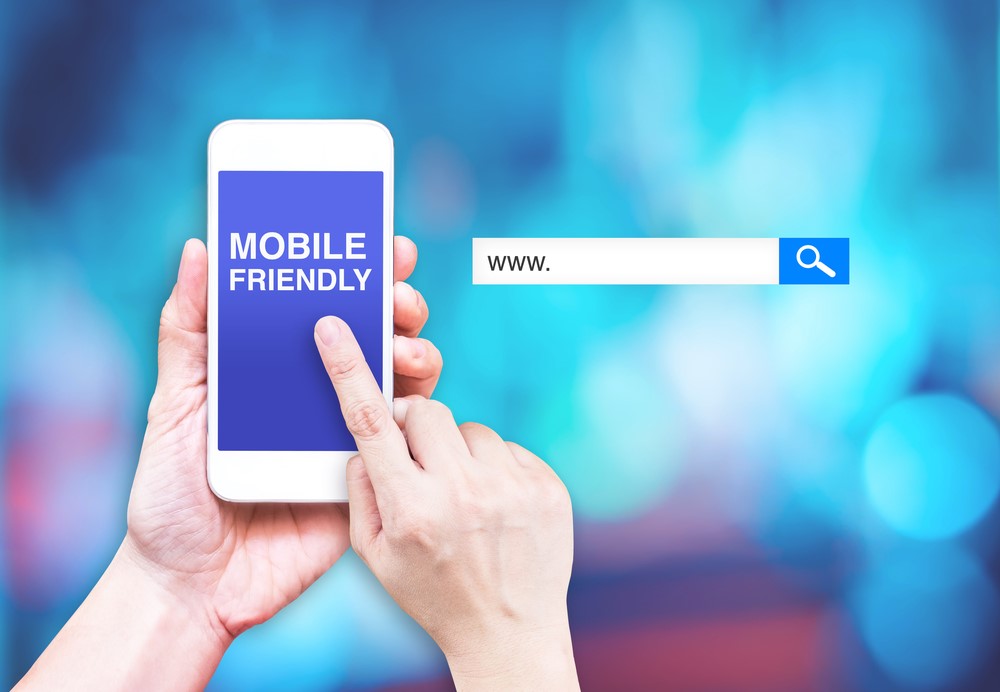Mobile Seo Tips to Get Your Retail Business out There
|
It’s no longer up for debate on whether or not we’re living in a digital age. Just as businesses have adjusted to these changes, another revelation has emerged within that fact: the world is going mobile.
As of just last August 2017, there were more than 3.5 billion mobile web users according to Statistica research. That should explain why in recent years Google has been pushing for a more mobile-friendly search experience. If your retail business is going to receive the most benefit from these changes to mobile SEO, here’s a few things you’re going to need to keep in mind. |
1. - Include as Much Geo-Local Information on Your Website as Possible
When it comes to relevant information for your website, your location will play a crucial role in attracting mobile searches of customers looking for you. Many customers looking for a local shop will be checking from their phone. In order to let Google and search engines know your website is relevant to them and their location, you’ll need to have as much information listed as possible.
You want to have your address and phone number visible above the fold on every page of your site, not just your contact us or about pages. Your domain name should also have local abbreviations if possible on the state and city level, for instance “JoesBakeryNewarkNJ”. Title your pages to be succinct and relevant to the information on them, as wasted space won’t help you rank or help your customers understand what you offer.
You want to have your address and phone number visible above the fold on every page of your site, not just your contact us or about pages. Your domain name should also have local abbreviations if possible on the state and city level, for instance “JoesBakeryNewarkNJ”. Title your pages to be succinct and relevant to the information on them, as wasted space won’t help you rank or help your customers understand what you offer.
2. - Your Local Link-Building Strategy Needs to Be Local Focused
When it comes to local information, you can’t have enough of it. You should link to relevant websites of your area such as local chamber of commerces, city government pages, or upcoming local events in your area. More than just focusing on what pages are linking back to you locally, you should focus on whether or not your website represents your area properly.
The same also holds true for local listings pages like Google My Business, Yelp, and even Facebook. By contributing relevant information to those sites on your business you keep people that utilize them informed on your business.
The same also holds true for local listings pages like Google My Business, Yelp, and even Facebook. By contributing relevant information to those sites on your business you keep people that utilize them informed on your business.
3. - Ensure Your Site is Optimized for Mobile
|
Even though this point may seem obvious, there are still many websites that aren’t mobile-friendly, especially for local businesses. According to Google’s The Mobile Playbook, 57% of customers won’t recommend a business that has a website that is poorly designed for mobile users.
Ensuring that your site is optimized properly for mobile devices can be easier than you might think. If your website is running on Wordpress, chances are your theme is already mobile optimized. After that’s settled, you also want to ensure your website loads as quickly as possible. Also, using a Content Delivery Network (CDN) to deliver your files from a server closest to your visitors will help reduce load times, ensuring pages open as quickly as possible on mobile devices. As the world further steps into a mobile focused domain, we’ll begin to see the mobile SEO landscape continue to evolve. There are more mobile apps launching for mobile devices at an astounding rate, giving users even more incentive to stay glued to their phones. Take steps to ensure your business is on the right side of these upcoming changes. |






